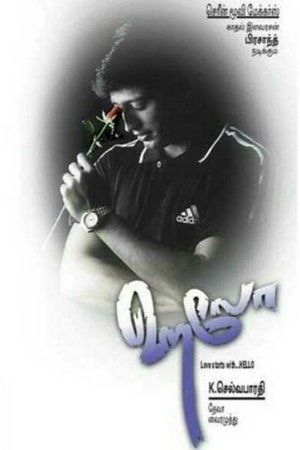
Imba Means Sing(2015)
The sound of courage.
A character-driven heartfelt story of resilience and the impact of education. The film follows Angel, Moses and Nina from the slums of Kampala, Uganda through a world tour with the Grammy-nominated African Children's Choir; stunningly shot and told through Angel, Moses and Nina's perspectives on their one shot journey from poverty to education.
Movie: Imba Means Sing
Video Trailer Imba Means Sing
Recommendations Movies
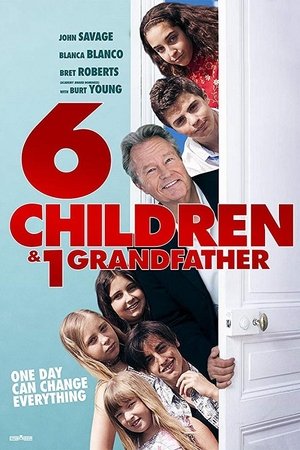 5.7
5.7Six Children and One Grandfather(en)
David McDoll is a selfish and wealthy man living an enviable lifestyle in his large villa and collecting fancy cars. However, his life is about to be changed forever when he inherits his six grandchildren. His glamorous lifestyle quickly becomes complete chaos. But he will learn a valuable lesson that teaches him about placing family first and discovering a newfound appreciation for life.
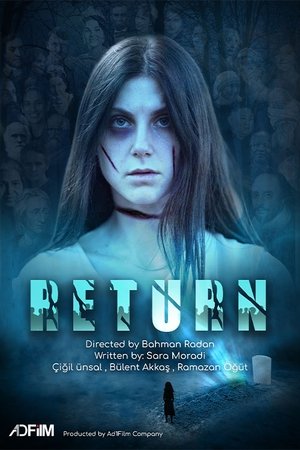 7.0
7.0Return(en)
A young woman was buried alive with the intention of killing, but she survived by chance. hears the cries of her little girl and fights to stay alive for her daughter. But this incident will enlighten a new worldview for her.
Return(hy)
Eyüp decides to cross mount Ararat looking for his aunt in Yerevan after following a madman's words. His aunt has also been expecting someone to come from behind this mount for many years. Eyüp cannot be sure about the woman he finds behind the blue door, whether it is his aunt or not because they can't understand each other.
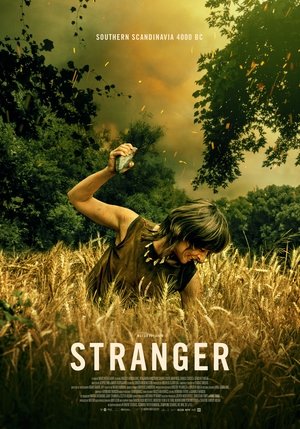 7.2
7.2Stranger(da)
When 19-year-old Aathi and her family, as the first farmers ever, arrive in what is now known as Denmark, her family is killed by a local tribe of hunter-gatherers. To survive, Aathi and her brother are forced to live with the tribe.
 6.7
6.7A Very Sonic Christmas(en)
An injured Santa Claus visits Sonic, Tails and Knuckles. As he is unable to deliver presents, he sends Team Sonic out to deliver all the Christmas presents to everyone around the world.
 9.4
9.4Complacent(en)
Two close sisters, Myah and Beth, struggle with their differences in life and in the older sister's mentally abusive marriage, until the complacent lives of Beth and their married friends are shaken to the core by a tragedy that they are all forced to face.
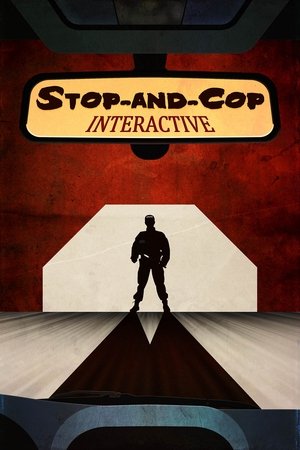 8.5
8.5Stop-and-Cop Interactive(fr)
STOP + Cop = "Stop" or "Slow down" ? Make the right choice. An interactice movie by Ken Arsyn.
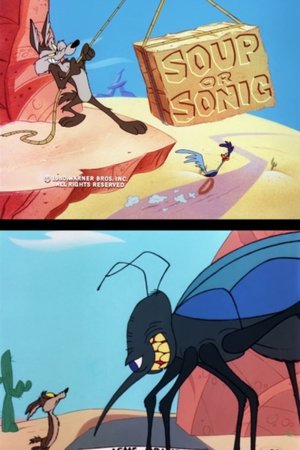 6.3
6.3Soup or Sonic(en)
The coyote chases the road runner, but in this one he actually succeeds, to his bemusement.
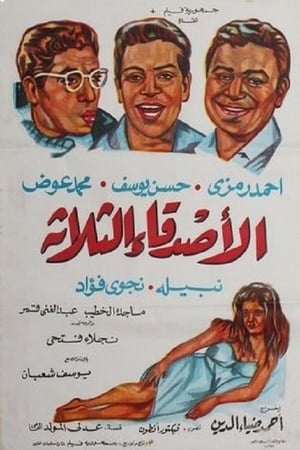 6.1
6.1The Three Friends(ar)
Three friends are arrested after committing an accident with their car. After finishing their sentence, they become partners with the owner of a decoration workshop. But he deceives them and spends the money in gambling. They force him to sign a waiver of his workshop but he wants to get it back.
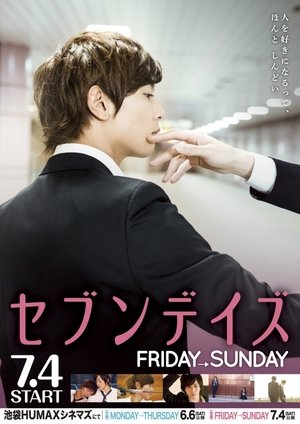 6.4
6.4Seven Days: Friday - Sunday(ja)
Toji Seryo is a popular first year high school student. It's well known that Toji Seryo will date anyone that confesses their affection for him on a Monday, but he will break up with that person by Sunday. Yuzuru Shino is a third year student at the same high school. He looks pretty, but all of his former girlfriends end up dumping him. Yuzuru Shino becomes curious about Toji Seryo. On a whim, half serious and half joking, Yuzuru Shino asks Toji Seryo to date. The film is based on a comic. Part 1 follows Monday to Thursday. Part 2 follows Friday to Sunday.
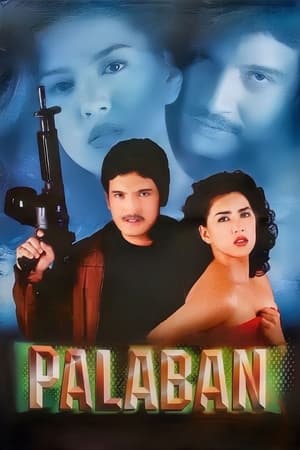 4.0
4.0Palaban(tl)
A police officer is tasked with capturing a gang of bank robbers led by a former elite force member.
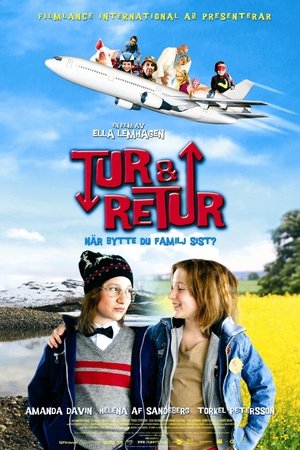 6.3
6.3Round-Trip(sv)
11-year old Julia and Martin are tired of having to flip back and forth between their divorced parents and when they realize how much they look like, they realize to swap places. After meeting at an airport, the each embark on a journey that will change their lives forever.
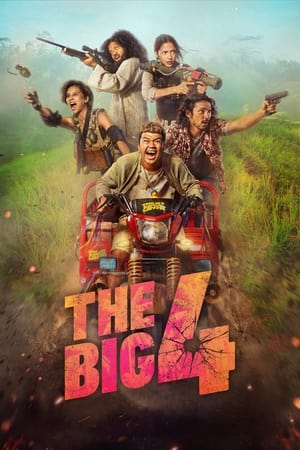 6.8
6.8The Big 4(id)
A by-the-book female detective teams up with four down-on-their-luck assassins to investigate her father's murder.
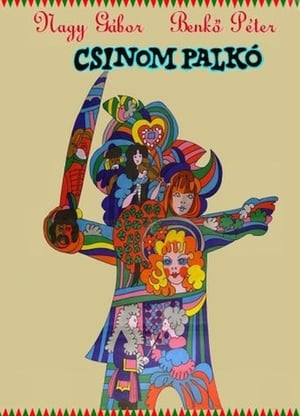 7.2
7.2Palkó Csinom(en)
The musical adventure film goes back to the early eighteenth century, the times of the battles between the Hungarian insurrectionists and the pro-Austrians. Palkó and Jankó are about to join the insurrectionist army when they clash with a pro-Austrian troop. Jankó is captured and put in Count Koháry's prison.
12(en)
After blowing his professional ballet career, John's only way to redeem himself is to concoct the demise of his former partner, Leah, who he blames for his downfall; he rehearses his salvation in his mind in the way that he rehearses a dance, but being able to break from the routine will be the key to his success.
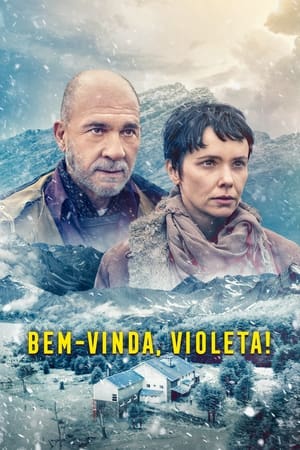 7.2
7.2Welcome, Violeta!(pt)
Over the course of her stay at the remote residence, Ana becomes more and more familiar with Holden’s idiosyncratic methods that require the participating artists to abandon their own identities and live emotionally and psychologically as their characters. Captivated by her artistic investigation, Ana immerses herself wholly into the method and starts living as Violeta, until her fiction loses control.
Similar Movies
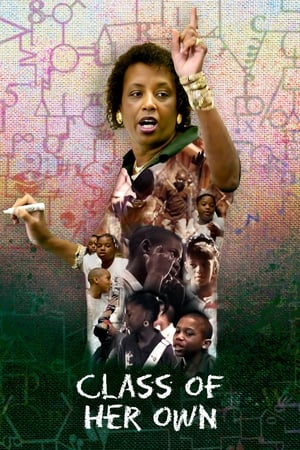 0.0
0.0Class of Her Own(en)
A teacher in a disadvantaged community rebels against a system that neglects many of its vulnerable students. Gloria Merriex transforms into a trailblazer, using rap, dance and other innovations to enable children to thrive in school—and beyond.
Warrior of Light(de)
A feature-length documentary on Yvonne Bezerra de Mello, award-winning artist and human-rights activist who has gained international recognition for her work with street children in Rio. The film recounts how a woman turned her back on a wealthy lifestyle, driven into action by the execution of 8 streetkids by military police in 1993. In subsequent years Yvonne's struggle to better the lives of endangered and abandoned children has led her to found "Projeto Uere" ("Children of Light") a radical project committed to protection and education of kids who live in the streets and slums of Rio which has brought her into conflict with Brazil's wealthy elite.
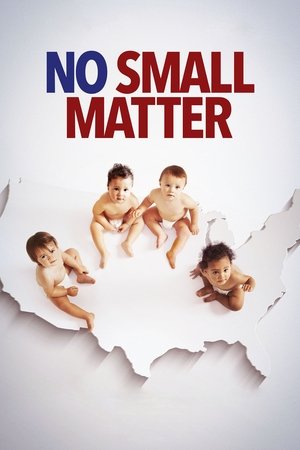 0.0
0.0No Small Matter(en)
A look at the issue of high-quality early care and education in America, from home to childcare to preschool; the tragic cost of getting it wrong; and the huge payoff - for our kids, our families and our country - of getting it right.
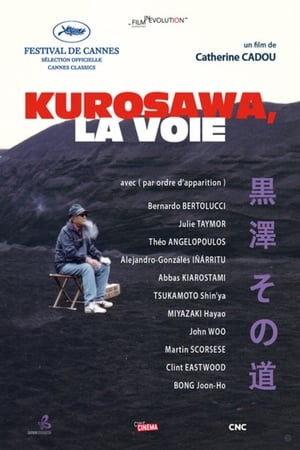 5.4
5.4Kurosawa's Way(fr)
Eleven major film makers from Europe, America and Asia talk about Akira Kurosawa and discover surprising influences on their own work.
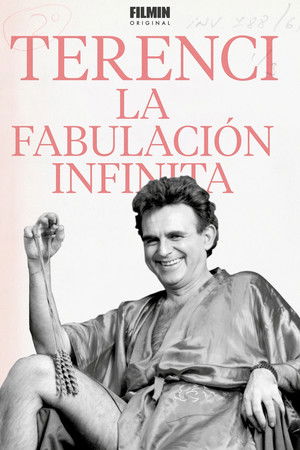 6.0
6.0Terenci: la fabulación infinita(es)
An account of the life and work of the charismatic Spanish writer Terenci Moix (1942-2003).
Habibi(en)
Filmed in New York in the summer of 2006: a march across the Brooklyn Bridge in support of the Palestinian and Lebanese populations. Habibi means "beloved" in Arabic.
 6.0
6.0100 Years(en)
An animated history of American health care provider, Planned Parenthood.
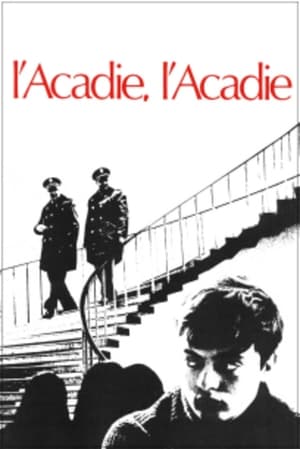 6.7
6.7Acadia Acadia?!?(fr)
In the late 1960s, with the triumph of bilingualism and biculturalism, New Brunswick's Université de Moncton became the setting for the awakening of Acadian nationalism after centuries of defeatism and resignation. Although 40% of the province's population spoke French, they had been unable to make their voices heard. The movement started with students-sit-ins, demonstrations against Parliament, run-ins with the police - and soon spread to a majority of Acadians. The film captures the behind-the-scenes action and the students' determination to bring about change. An invaluable document of the rebirth of a people.
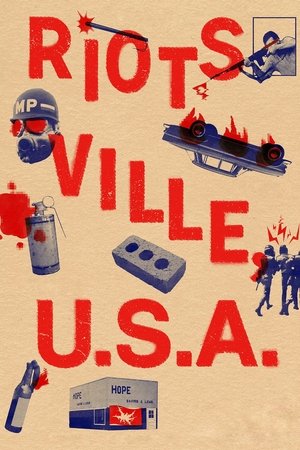 6.2
6.2Riotsville, USA(en)
An archival documentary about the U.S. military’s response to the political and racial injustices of the late 1960s: take a military base, build a mock inner-city set, cast soldiers to play rioters, burn the place down, and film it all.
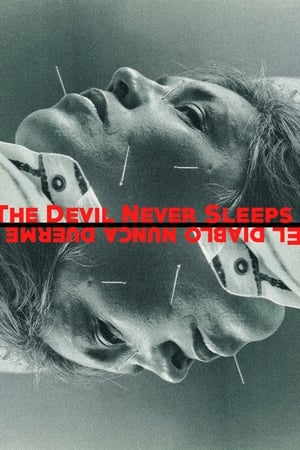 5.0
5.0The Devil Never Sleeps(en)
The Devil Never Sleeps is a “whodunit” documentary about family secrets. Filmmaker Lourdes Portillo received a phone call informing her of the mysterious death of her wealthy Mexican uncle Oscar. Officially ruled a suicide, Portillo’s relatives claimed murder, offering several possible suspects including a business partner, a ranch hand, and Oscar’s young widow who stood to inherit everything. Traveling to Mexico, Portillo attempts to learn the truth about her powerful uncle. Using interviews, old snapshots and home movies, she finds a complicated web of family secrets, intrigue, rumor and betrayal that makes her enigmatic uncle’s murder seem ever more likely, yet ever more obscure. As the Mexican saying goes, “When evil is lurking, the devil never sleeps.”
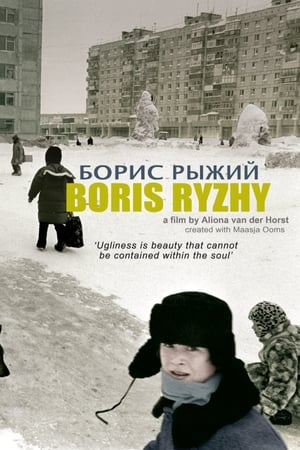 7.2
7.2Boris Ryzhy(ru)
Russian Poet Boris Ryzhy was handsome, talented and famous. So why did he end his own life at the age of 26? A quest to find the answer takes the filmmaker to the notorious neighbourhood in the cold industrial city of Yekaterinenburg where Boris grew up...
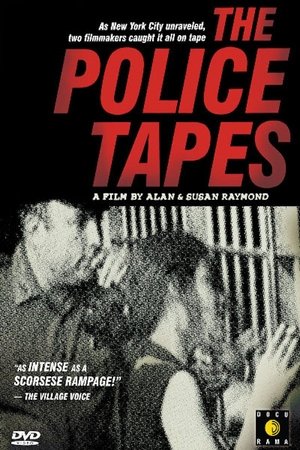 7.0
7.0The Police Tapes(en)
Filmmakers Alan and Susan Raymond spent three months in 1976 riding along with patrol officers in the 44th Precinct of the South Bronx, which had the highest crime rate in New York City at that time.
Two Hitlers(es)
One is a former police officer, bodyguard and hairdresser. Currently retired, he takes care of his extravagant and almost hundred-year-old illiterate mother. He writes poems and hopes to see them published one day. The other, a declared womanizer, workaholic, and leftist, was imprisoned during the dictatorship, runs a small grocery shop, and controls the life of his young second wife. Both were born in the Uruguayan hinterland during the Second World War, and share the same name as well as the fact that neither has wished to change it. The film is a tragicomic portrait of a country whose cultural diversity, its peculiar history and the character of its inhabitants allow the existence of exceptional and remarkable persons that depict a live picture of Uruguay, with its plurality and contradictions, its small and large history, without departing a single moment from irony or reflection.
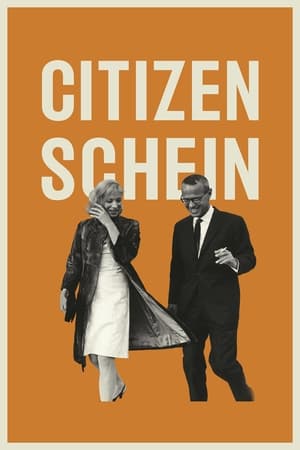 6.0
6.0Citizen Schein(sv)
Harry Schein was an anomaly in Swedish cultural society. Equal parts playboy, intellectual, and political visionary, his life story could very well be the foundation of a Hollywood film. Citizen Schein is a film about a refugee who refused to look back, a film about powerful men, and the myths that fuel them.
 7.5
7.5Microcosmos(fr)
A documentary of insect life in meadows and ponds, using incredible close-ups, slow motion, and time-lapse photography. It includes bees collecting nectar, ladybugs eating mites, snails mating, spiders wrapping their catch, a scarab beetle relentlessly pushing its ball of dung uphill, endless lines of caterpillars, an underwater spider creating an air bubble to live in, and a mosquito hatching.
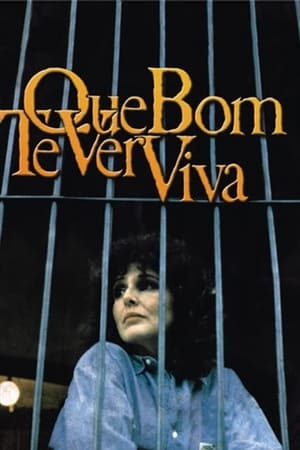 7.2
7.2How Good to See You Alive(pt)
Four years after a military coup overthrew the Brazilian government in 1964, all civil rights were suspended and torture became a systematic practice. Using a mix of fiction and documentary this extraordinary film is a searing record of personal memory, political repression and the will to survive. Interviews with eight women who were political prisoners during the military dictatorship are framed by the fantasies and imaginings of an anonymous character, portrayed by actress Irene Ravache.
 7.7
7.7When We Were Kings(en)
It's 1974. Muhammad Ali is 32 and thought by many to be past his prime. George Foreman is ten years younger and the heavyweight champion of the world. Promoter Don King wants to make a name for himself and offers both fighters five million dollars apiece to fight one another, and when they accept, King has only to come up with the money. He finds a willing backer in Mobutu Sese Suko, the dictator of Zaire, and the "Rumble in the Jungle" is set, including a musical festival featuring some of America's top black performers, like James Brown and B.B. King.




